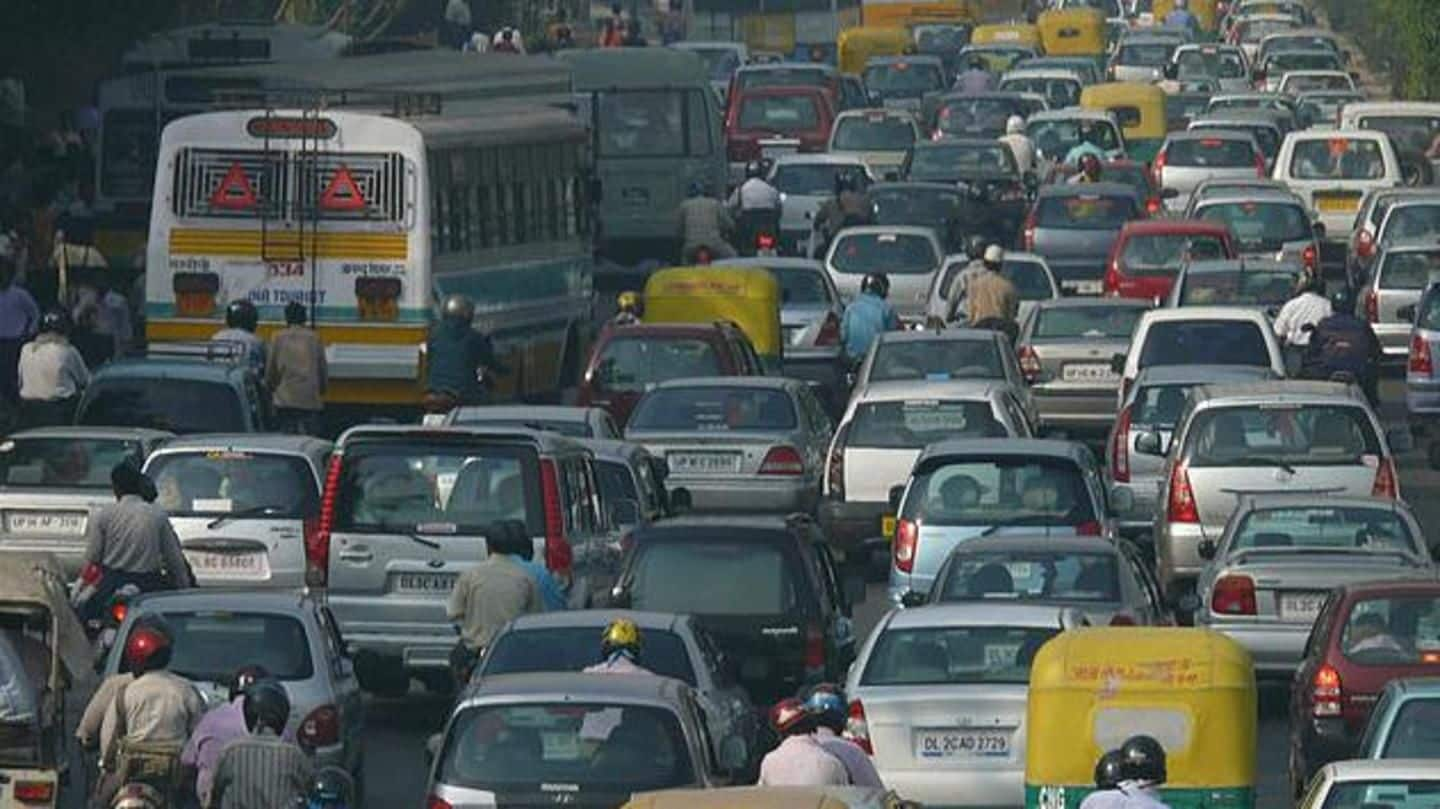
Delhi pollution: Citizens cannot suffer anymore, SC says, summons top-cop
What's the story
Concerned over growing congestion and air pollution in Delhi, the Supreme Court asked the Delhi Police chief to come up with some urgent remedies to tackle the menace. An LG-led taskforce had identified 77 traffic bottlenecks, but the Delhi Government couldn't specify a timeline for removing the bottlenecks or encroachments. Rather it asked for two years' time, which the court found unacceptable.
Govt's defense
"Constructions of flyovers, underpasses and foot over-bridges would take time"
A bench comprising Justices Madan B Lokur and Deepak Gupta asked advocate Wasim A Qadri, representing AAP government, the reason for seeking two years. "Constructions of flyovers, underpasses and foot over-bridges would take time," answered Qadri, which the bench refused to entertain. That's why, "we're summoning the police commissioner to explain the failure to implement the recommendations of the task force," it said.
Information
Removing encroachments daily, 'give us the number' SC asks
Qadri requested the SC bench not to call him, saying, "We're removing encroachments from roads daily (as per Delhi Police's February-2017 report)," only to be counter-questioned about the number of encroachments, "You say there are encroachments on roads and footpaths. It's a very general statement."
Strategy
Delhi government divides remedial measures into two parts
When asked about the measures for the 77 bottlenecks, Qadri said it has been divided into 'short-term' and 'long-term' measures. While short-term measures like improvements in road geometrics will take 6-8 months, long-term measures will take 18 months, he said. Long-term measures like construction of subways, foot-over-bridges (FoBs), underpasses and U-turns will need 6 months for departmental approvals and another 12 months for implementation.
Division
Task-force identifies 28 "highly-congested" and 19 "less-congested" corridors
The 77 "congested corridors" were identified by six teams, led by LG Anil Baijal. It was divided into three categories: category 'A' had 28 highly-congested corridors, while 'B' had 30 congested corridors and 'C' had 19 less-congested corridors. Four roads - Mehrauli-Badarpur, Aurobindo Marg, Mathura Road, and Chirag Dilli Road - will get top priority in their de-congestion plan, said the government.